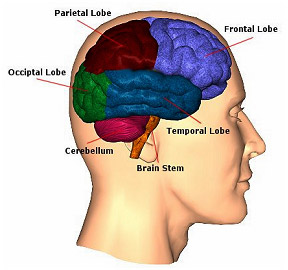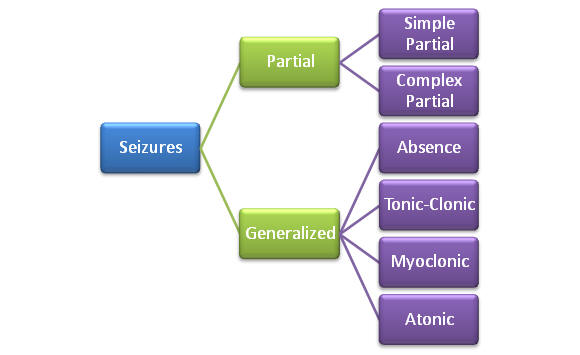Seizure Disorders
Seizure cases alone are difficult to win before the Social Security Administration because of the way they have written the rules and regulations. The Social Security Administration wants confirmation of the seizure disorder through an EEG (Electroencephaleogram). If your seizure disorder is controlled by medications then the Social Security Administration will not find that you are disabled from this disorder. Of course one issue that constantly comes up for these types of cases – to what extent are the seizures controlled by medications? The rules and regulations dealing with this disorder really only talk about two main types of seizures. In reality there are many types of seizures and even doctors are challenged from time to time when trying to identify the specific type of seizure that a person may be suffering from. It is even possible to have a mixture of different types of seizures going on during one incident.
the rules and regulations. The Social Security Administration wants confirmation of the seizure disorder through an EEG (Electroencephaleogram). If your seizure disorder is controlled by medications then the Social Security Administration will not find that you are disabled from this disorder. Of course one issue that constantly comes up for these types of cases – to what extent are the seizures controlled by medications? The rules and regulations dealing with this disorder really only talk about two main types of seizures. In reality there are many types of seizures and even doctors are challenged from time to time when trying to identify the specific type of seizure that a person may be suffering from. It is even possible to have a mixture of different types of seizures going on during one incident.

The bottom line with these disorders is that the Social Security Administration rules and regulations don’t match the true reality of seizure disorders. The following recommendations are used to help fill in the gaps with the typical seizure case. An opinion by the treating physician supported by an EEG is crucial. It is strongly recommended that if you are having seizures on a regular basis, that you keep a diary noting the frequency and duration. It is very important that friends and family are involved in this type of case since most seizure patients are unaware of what happens during the seizure and seizure patients can pose a danger to themselves and others if safety measures are not practiced.
- Common Types of Seizures:
- Simple partial seizures
- Jacksonian seizures
- Complex partial seizures
- Generalized seizures
- Absence seizures
- Generalized tonic clonic seizures
- Myoclonic seizures
- Psychomotor seizures
Special Note:
If the Department of Motor Vehicles (DMV) has taken your license because of your seizure disorder this means that the Social Security Administration will treat your seizure disorder as a serious and severe impairment.
What Our Clients Say:
Member:

Attorney Gregory Kornegay
Greg is a trial attorney in Wilmington with over 30 years of experience. Greg was born and raised in southeastern North Carolina. Before law school he managed a store with employees making a payroll every week. His first job out of law school was as an Assistant District Attorney investigating and trying cases for the State of North Carolina. Through the years he has handled many different types of cases – including death penalty cases.
Being married with children has been a blessing and a challenge, but has served him well in understanding the problems individuals and families face as they live out their lives. Greg believes that each case is different and the needs of each client are unique, but there are certain themes of life that we all share.


